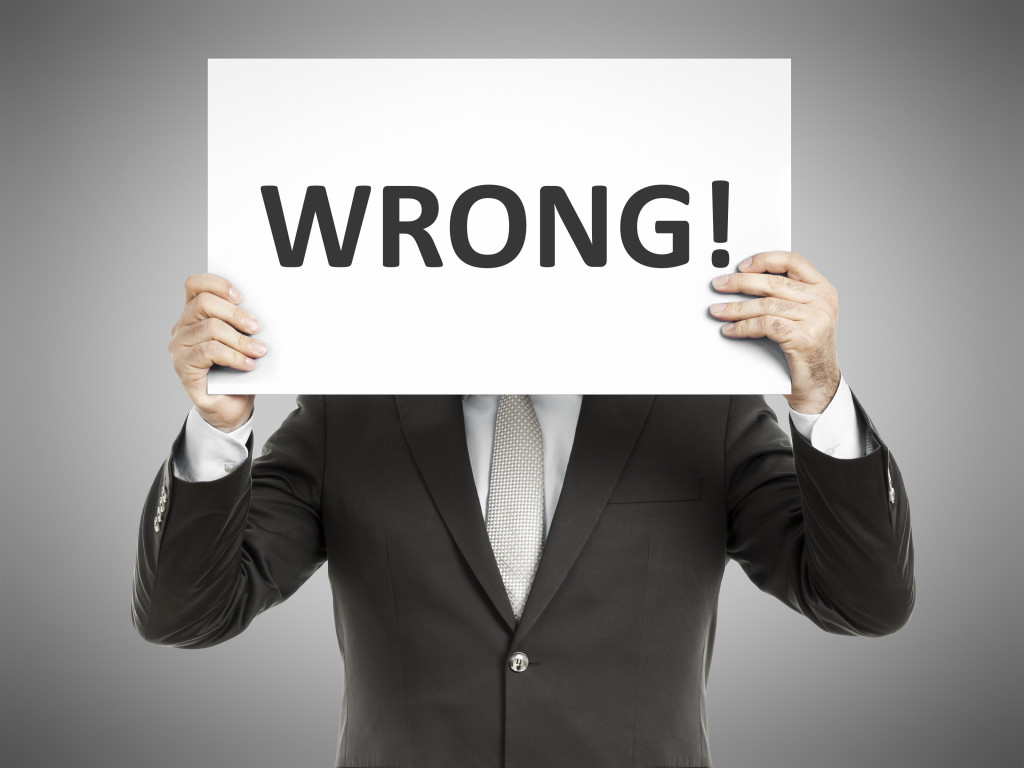Your words contain powers you have never thought of. With a few words uttered, a person’s life can be ruined.
Such was the case for Damien Echols, Jason Baldwin, and Jessie Misskelley. Even without any DNA evidence found at the crime scene to place them there, the West Memphis Three were still convicted for murder in 1994. This was due to circumstantial evidence and verbal statements. One of which was the prosecution’s argument that the Metallica t-shirt Damien was wearing was connected to the “satanic rite” that they claimed was done.
They were released from prison in 2011, after 17 years of imprisonment, due to multiple DNA test results showing the lack of proof to link them to the crime.
With social media’s rise of relevance in this era’s lifestyle, everyone gets a platform that anyone can see. And as beneficial as that may seem, this also makes it easier for people to commit libel and slander. With that in mind, here are eight tips that you should follow to protect yourself when you are falsely accused of a crime.
1. Understand where you stand.
Think about the gravity of the accusations and how innocent you are concerning the accusations. Realizing where you stand with the claims and how you see yourself being a part of them might be the key to proving that it is false.
You should also think about its possible impact on all aspects of your life. You are not the only one who will be affected. Kids can get information online as fast as we do. Understand that if you have children, there will be no chance that they won’t hear about it. It would be in your best interest to make sure your whole family and those close to you understand the entirety of what’s happening.
2. Be mindful of your words.
You’re falsely accused of committing a crime you had nothing to do with. Other than the risk of spending time in jail, your name might also be tainted for a long while. Wanting to shout at the top of your lungs is understandable. However, you should still exercise your right to remain silent.
More often than not, defendants give more ammunition to the opposing side by unknowingly answering improper questioning. Words can be tricky. And they will be used against you in court. Remember not to talk to the police or any other law official without your lawyer’s presence.
3. Be mindful of your actions.
No matter how frustrated you become, retaliating verbally and physically will only benefit the accuser’s case. Even if they rile you up, you will still have a chance to prove your innocence. But if you respond to the accusations violently, you will be guilty of that one. And you will most probably have another lawsuit to face.

4. Find financially wise alternatives.
Most people end up spending a lot on settlements to avoid bigger expenses that come with longer trials. But there are ways to defend yourself without losing all your savings.
Posting bail, hiring an attorney, filing counterclaims can be expensive. But it doesn’t have to be. There are bail bond packages that can help ease your mind. Once that’s covered and you’re safely at home, you can request pro bono lawyers that you know could and would help your case. Using the power of social media can also help build your case and get financial support. However, you’d have to sacrifice your case’s privacy in the process.
5. Never lie to get to the ending.
Since you know you’re innocent, wanting to speed things up is normal. But no matter how long it gets, lying to get the case over with might result in letting them win.
6. Gather all physical and digital evidence you can think of.
Getting all kinds of evidence as soon as possible is important in building your case. Actively help your lawyer gather all information that can be used to prove your innocence. Do not leave any details that could help or implicate you further. Your lawyer must know everything to help you face everything in your way. Get witness contact information. Everything digital must be screen-captured. And make sure you have backup copies of everything in case the evidence gets lost or destroyed.
7. But don’t be your own investigator.
Let the professionals do their jobs. Contaminating a scene of a crime might deem your evidence null. Contacting witnesses personally might be seen as coercion. You taking justice to your hands might only result in justice tying yours behind your back. Sometimes, taking no action is the best course of action. Sometimes, the best strategy is to wait for the prosecution to find the evidence to support a false claim. Just focus on debunking the falsehood of their evidence. And with fear of perjury impending, it could also even be entertaining for some.
8. Consider counterclaims.
Libel, slander, and mental and emotional damages. Filing a defamation lawsuit after or even during the process of proving your innocence is recommended. False accusations are illegal, after all.
Overall, proving your innocence against false accusations is not a walk in the park. Especially if the law is involved. But as complex as it may seem, what’s important is your safety. Do not take it upon yourself to fix the situation alone. Get help from professionals and follow the strategies you come up with. Most importantly, remember how powerful words can be, understand the responsibilities that come with them, and reflect on how you use them.


